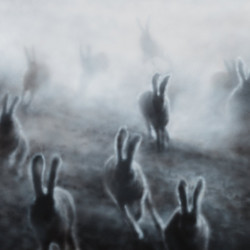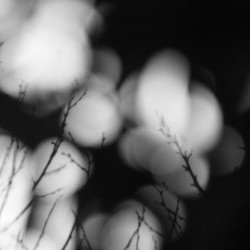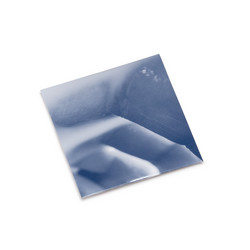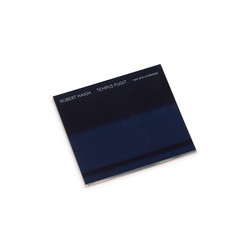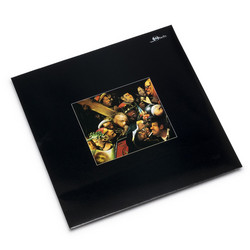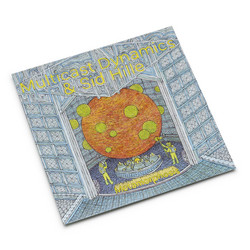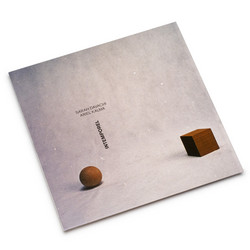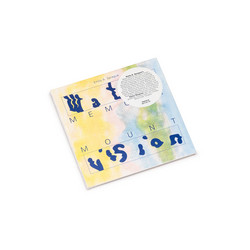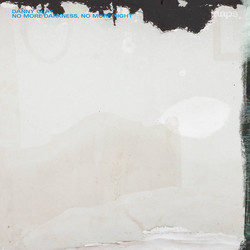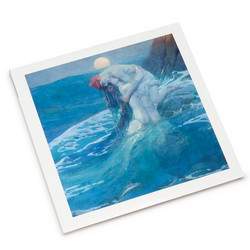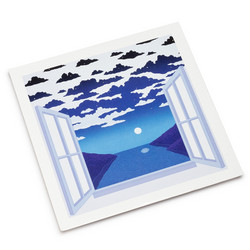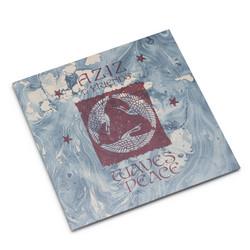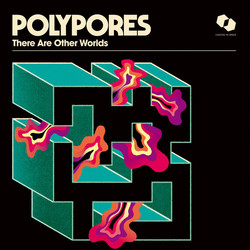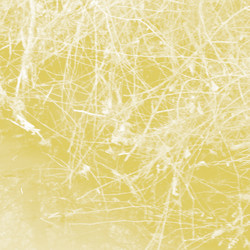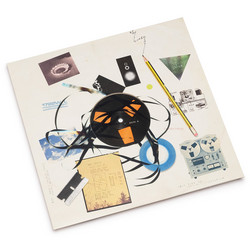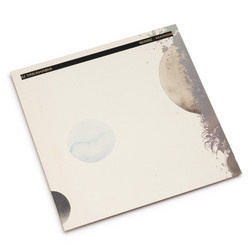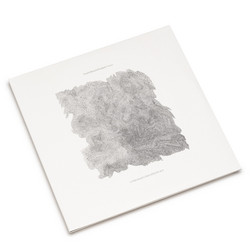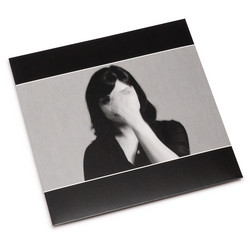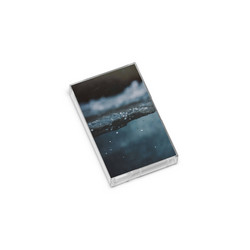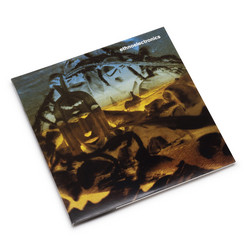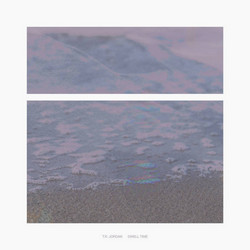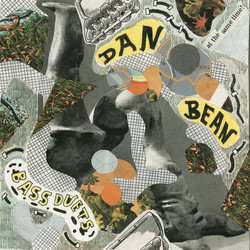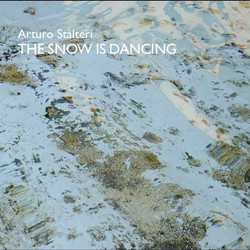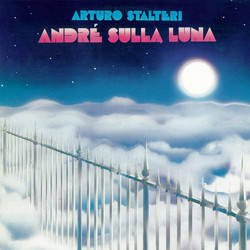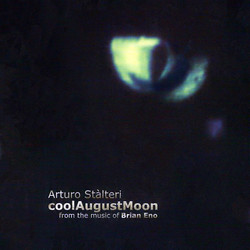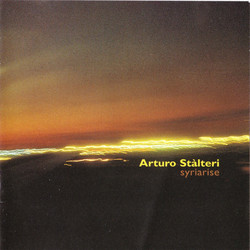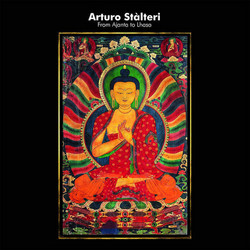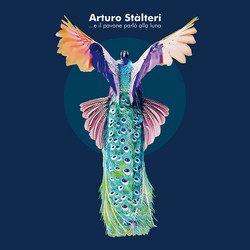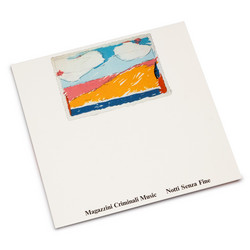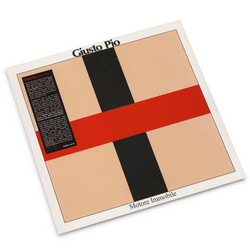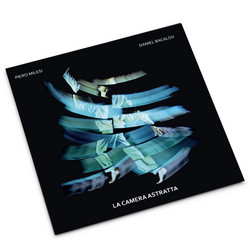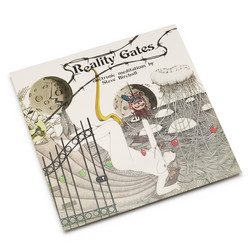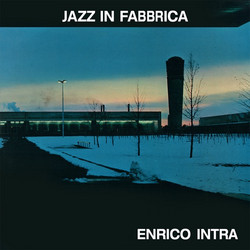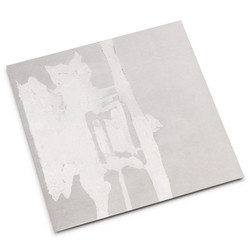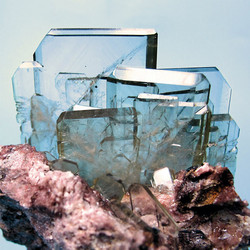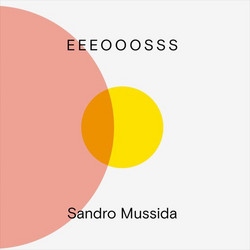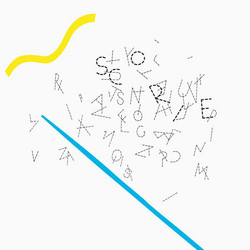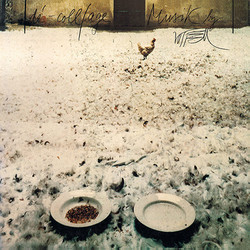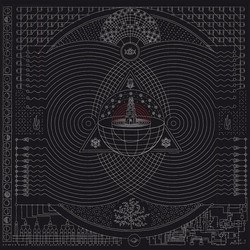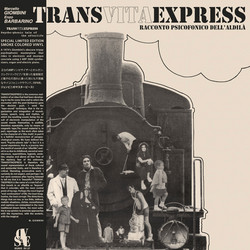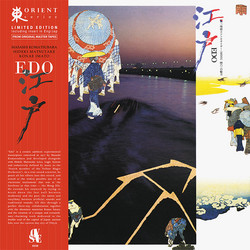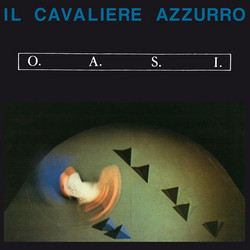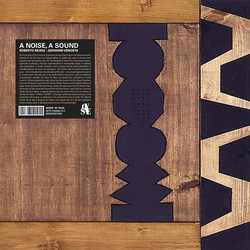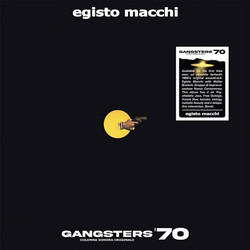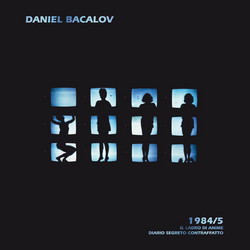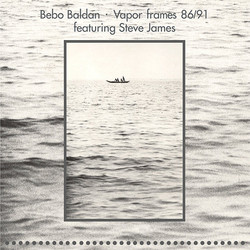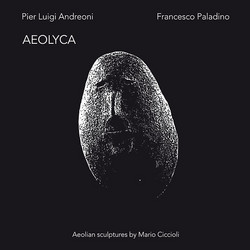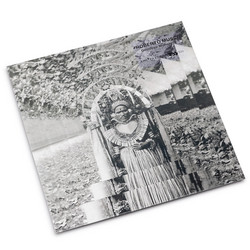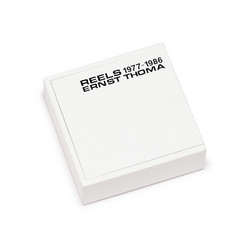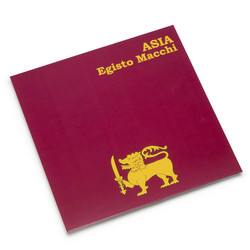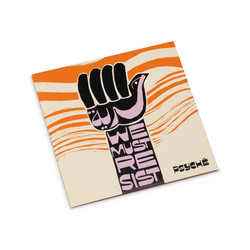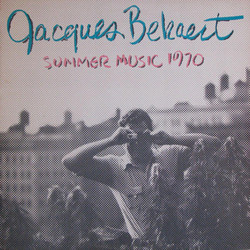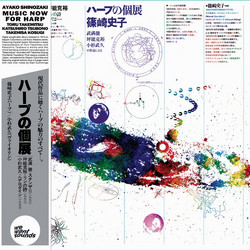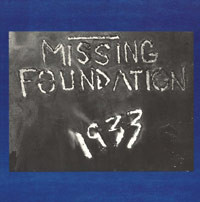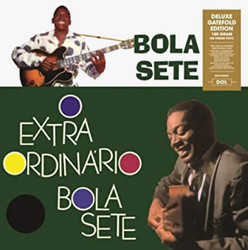Arturo Stalteri
From Ajanta to Lhasa (LP)
* Edition of 200, black vinyl * Over the last few years, the Milan based imprint, Soave, has taken great strides toward illuminating Italy’s historically singular movement of musical minimalism. Working at an incredibly high bar, with a catalog of works made up by artists like Riccardo Sinigaglia, Roberto Musci, Giovanni Venosta, Pier Luigi Andreoni & Francesco Paladino, Roberto Mazza, Giusto Pio, Egisto Macchi, Sandro Mussida, and numerous others, they have cast crucial light on an astounding body of unheard or under-appreciated sonic artifacts, stretching from the 1970s into the present day. The label returns with what is easily one of their most beautiful and important records to date; a series of recordings gathered under the title From Ajanta to Lhasa, made in 1979 by the composer and pianist, Arturo Stàlteri. Remained unreleased until now, the album is nothing short of a truly stunning revelation from start to finish.
Musical minimalism, a movement which first emerged in the United States during the 1960s via the innovations of composers like Terry Riley, La Monte Young, Philip Glass, and Steve Reich - sprouting unique iterations in nearly every corner of the globe - has almost always been understood as idiom located within the confines of Western Classical music. Among the rare exceptions, was the context of this music that developed in Italy. While many of its artists - Arturo Stàlteri being one such case - were classically trained, most began their musical endeavors within the realms of popular music, moving increasingly toward more experimental pursuits. In addition to its artists’ draw to vast range of references and cultural tradition, this, in part, accounts for the movement’s incredibly unique and diverse make up of sounds, often straying far from what we regard minimal music to be.
Arturo Stàlteri’s career began as a founding member of seminal prog duo Pierrot Lunaire, while still in his teens, before graduating as conservatory trained pianist in 1979, the same year that he launched his solo pursuits with the LP Andrè Sulla Luna, an album that hybridized elements of progressive rock, minimalism, and explicit avant-gardism into entirely unexpected forms. The album’s follow up, ...E il Pavone Parlò alla Luna, issued in 1987 and reissued by Soave in 2017, has been long regarded as the composer’s most significant contribution to the canon of Italian minimal music, a consideration that may change following encounters with From Ajanta to Lhasa’, a body of recordings made the same year as his debut, and 8 years before its more famous follow up.
Seeing the light for the first time in 40 years, From Ajanta to Lhasa is a work of rare intensity, internalising a diverse number of cultural and mystical references, as well creative strategies. Recorded on wide range instruments - Farfisa Organ, Arp Synthesizer, Piano, Guitars, Balalaika, Bouzouki, Percussion, Sitar, Flute, Vocals, Tape, etc - upon his return from a two month trip to India, the album internalized Stàlteri’s numerous experiences in a musical quest “for an inner dimension free from the conditioning of Western civilization.”
Containing some of Stàlteri’s most explicitly experimental gestures, From Ajanta to Lhasa ranges from lush ambient passages, experimental dissonances, meandering melodies and long tones, and sweeping stretches of hypnotic arpeggiation and cycling repetition that collectively culminate as what might just be among the most thrilling efforts of musical minimalism of the era, not to mention one that has never before been heard.
It would be impossible to sing the praises of Stàlteri’s From Ajanta to Lhasa enough. Unquestionably among the most historically important, musically engrossing, and enjoyable archival releases to emerge in recent years. Whatever you know of its composer, get ready to have your mind blown.
